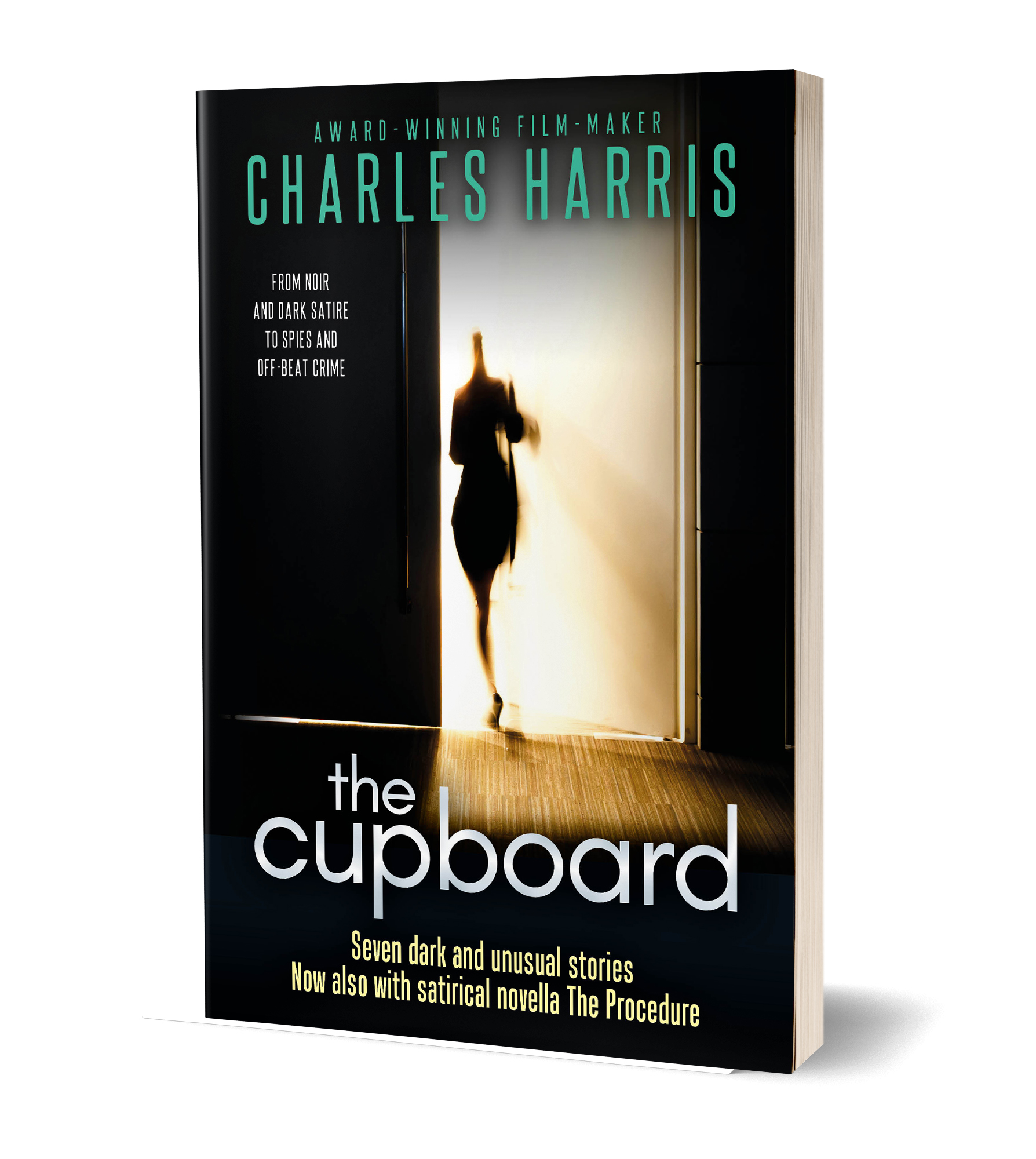Is the rise of the topical novel killing literature?
11 Friday Dec 2020
Tags

THE RISE OF THE TOPICAL NOVEL
In 2010, I took my then agent for a Chinese lunch. I pitched an idea for a novel about fake news, close elections and knife crime. He said that it was a mistake to write a topical novel about issues nobody would care about a year later.
In 2017, my debut novel The Breaking of Liam Glass came out. It was about fake news, close elections and knife crime. And it went straight into the Amazon best-seller lists…
This week, I look at the pros and cons of the topical novel.
The topical novel?
In 2019, media correspondents noted a surprising trend. Going against years of publishing wisdom, bookshop shelves were filling with topical fiction.
In The Daily Telegraph, Leo Robson asked, “Is an obsession with topicality harming literature?” And quoted the chair of the Booker Prize saying how difficult the judging had been that year.
While the Boston Herald trumpeted that, “From The Testaments, Margaret Atwood’s sequel to The Handmaid’s Tale to Lucy Ellmann’s epic Ducks, Newburyport and Salman Rushdie’s Quichotte, writers are addressing the news of the moment through imagined narratives.”
But is this so new?
It’s true that some publishers have always disliked topicality. Nineteenth century novels went to great lengths to avoid being specific. Towns were called L______ and characters “the Duchess of O______”.
It is also true that a topical novel can go rapidly out of date. A scandal that’s in the headlines now may have been forgotten once a book’s editors, cover designers, layout artists and PR people have all had their go.
But from another point of view, novels have always been topical.
Money, class and social change
Miguel de Cervantes published the first part of Don Quixote – often considered the first modern novel – in 1605. He used wit and knockabout comedy to satirise issues that were important at the time – from attitudes towards the past to religious orthodoxy and Spanish nationalism.
A little over a hundred years later, Daniel Defoe’s Robinson Crusoe came out. Generally thought of as the first modern English novel, it too explored contemporary ideas of religion. It also reflected rising trends, such as a fascination with global exploration and what we would now call diversity.
Moving into the nineteenth century, writers from Austen to Dickens, Thackeray and Trollope were quick to write about a wide range of topical issues. Money, class and marriage were common, but so too were social changes, political corruption, poverty, pollution and disease.
Many of the issues may have changed, though some sadly haven’t. But their books haven’t dated. They are as powerful today as they ever were.
Catch-22
Of course, one reason is that each generation finds its own connections. Sometimes, we simply ignore the bits that have dated.
In an article about topicality, novelist Christopher Fowler quotes the lyrics from Cole Porter’s 1934 hit song You’re the Top. In quick succession, Porter references an Arrow collar, a Coolidge dollar, the Whitney Stable and a Drumstick Lipstick.
No, nor me. But the song is a standard today and nobody bothers about the lines they don’t understand.
Sometimes, the original setting becomes overtaken by a new topicality.
Joseph Heller’s Catch-22 was actually set in the Second World War, but adopted by first the Korean and then the Vietnam generations.
Similarly, so strong is the relevance to Vietnam, that it’s often forgotten that M*A*S*H – both movie and TV series – is actually set in the Korean War around fifteen years earlier.
In neither case did their actual time-frame make their impact any less topical.
What will be read in 100 years?
Of course, all these works remain fresh because they also touch on themes that are universal, not just topical. Which is another way, perhaps, of saying they’re well-written.
So, maybe we’ve been asking the wrong question. It’s not a matter of topicality, but of quality.
And ultimately, that’s what will decide which of today’s topical novels readers will turn to in twenty, fifty or three hundred years time?
Tell me below which novels you would nominate for readers of the next century. And which you think future generations will be only too happy to forget.
Read more
Boston Herald: Fall bookshelves abound with topical fiction


5 Comments
June 29, 2021 at 8:16 pm
“It’s not a matter of topicality, but of quality.”
There’s your answer. I was in a studio in Nacogdoches one time where Willie Nelson was cutting a bunch of standards with some old friends. This kid, the studio intern, kept saying “that was great cut” after every rough mix rolled by. After about the fifth time Willie looked at the kid and said “It’s hard to cut a bad standard.”
Dickens may be wordy, Austen and Alcott adverbly, Defoe preachy. Topicality? Go back to Wollstonecraft. Classics are classics because they are classics, not simply trendy, headline baiting fluff.
June 29, 2021 at 8:54 pm
Thank you Phil, tremendous story. Of course, it’s not always so easy to sort the trendy from the classic when the book has only just come out. I wonder what Willie would have said about cutting a good new standard!
June 29, 2021 at 9:10 pm
Probably “Didn’t I write one or two a them suckers already?”
July 4, 2023 at 3:17 pm
Hi, your article is very good and very informative about books and literature click on the below link to know more about the famous award winning author
https://ukmediahub.com/award-winning-ukrainian-writer-dies-of-injuries-suffered-in-russian-missile-attack-on-restaurant/
July 4, 2023 at 6:18 pm
Thank you – very topical…. and very sad. This is yet another war-crime, just one of thousands so far in Ukraine. Has there yet been a top-notch topical novel about the war? Or will we need to wait until we can get perspective? Or maybe we shouldn’t. Maybe we should write while the anger is still burning hot.